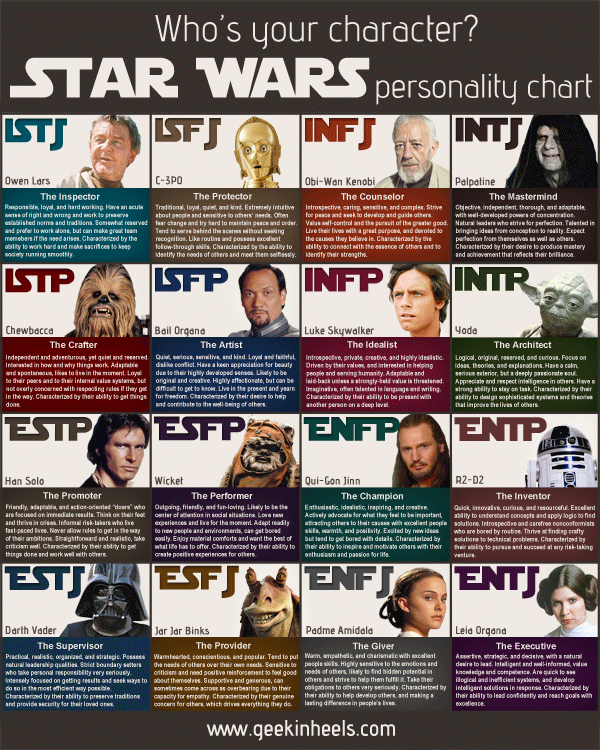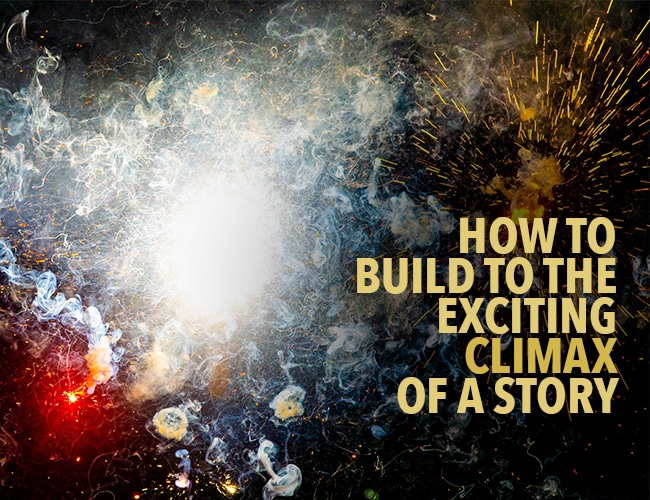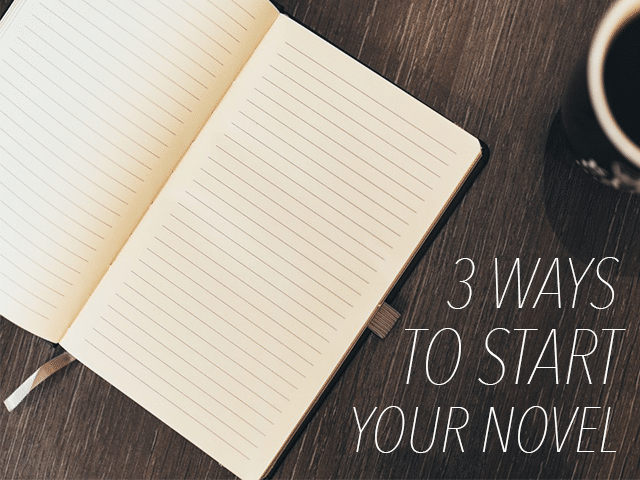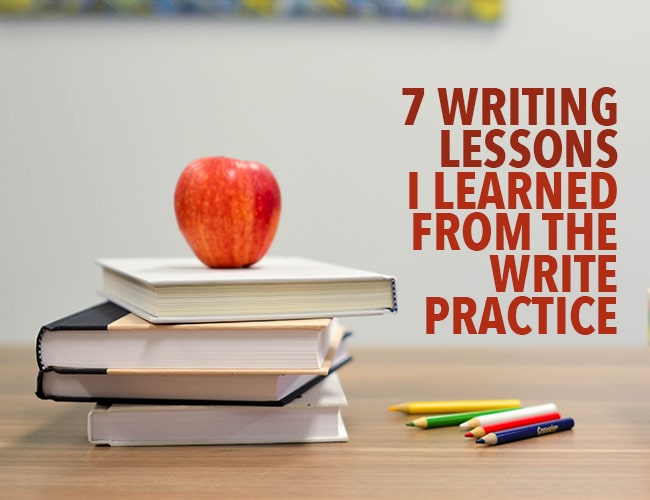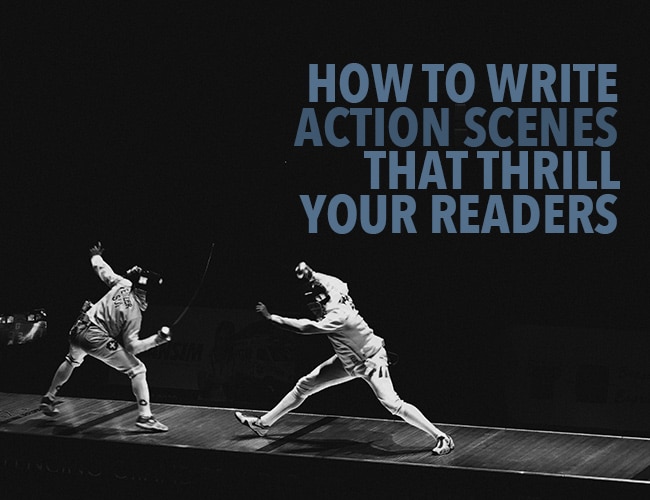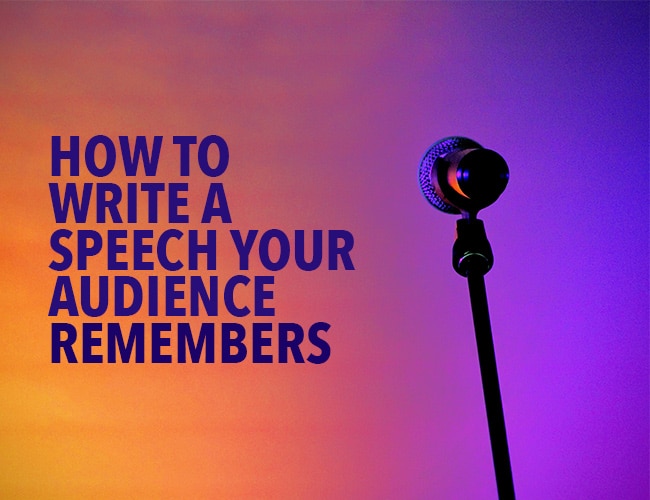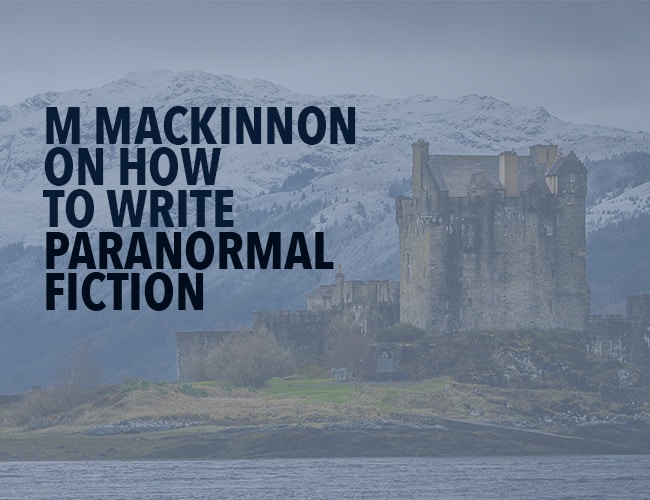There’s an old, worn-out adage about writing: Write what you know. Which is fine if you’re writing about the day-to-day life of Earth, but what if you want to write about a world you don’t know? Today, we’re talking with science fiction author Mike Van Horn about world building and immersing your readers in that world.


